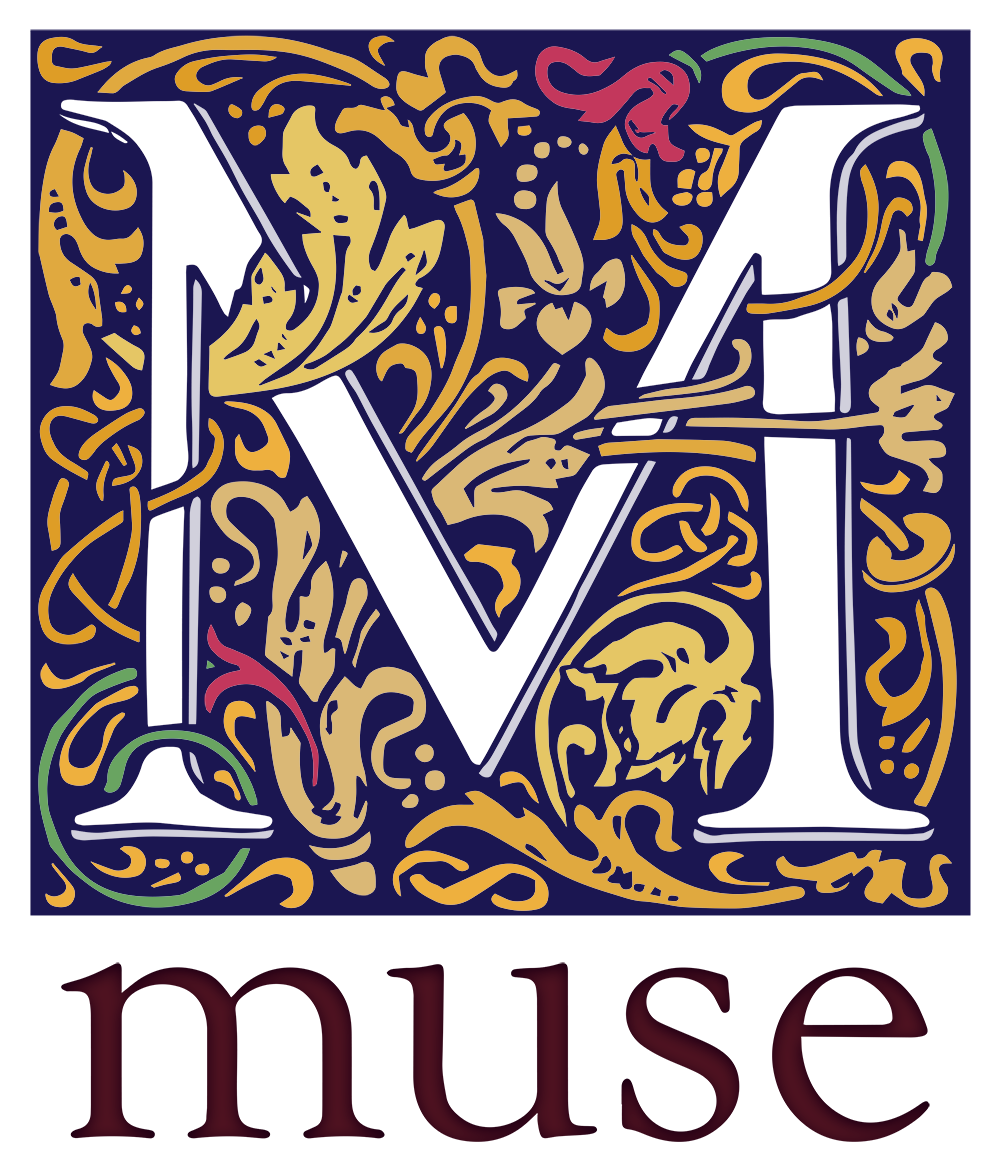Start reading this book:

Share This Excerpt
She joined him for dinner in the oldest part of the house, the square hall distinguished by a large circular fireplace, the beamed ceiling reflecting the red gold of the fire and candlelight. Dinner plates still rested between them on the table, the breast of the duck exposed, the meat stripped from the bones.
“It is good to see you up again.” Bran’s voice was even, his accent mild. “It was a lonely place without you.”
“And I will find it lonely when you leave.” She kept her tone light.
“I have no intention of leaving.”
“I have heard that before.” She shivered unconsciously, remembering Pedro at the alcazar, before pushing the memory away. Bran was not Pedro. “I know we have talked about it before, but the fact is, you are still employed by Monmouth. You must return.” Her smile was deprecating, “Even as I must attend to Pedro’s affairs. Maybe later you will be free, but not now. Not yet.”
“Cordy, it is only a matter of time. I want to be here, to help you.”
“I want to do it on my own.”
It was the first time he had ever heard her say that and his jaw worked, tensing momentarily, as he swallowed his reply and any other expression of surprise. His long fingers drummed the tabletop, fingers finding the grooves and knots in the wood. “You know how the others will feel—it isn’t woman’s work. The merchants might shun you. Your suppliers might break the contracts.”
She sat silent for a long minute, staring at a point over his shoulder. “If the babe had been a boy, if he lived…”
“I know. They would not fight you. You would be acting in the interest of your son. But this is different. They will say you are acting in your own interest, and they will ridicule you and wrest the routes and goods from you. It has happened before.”
“With other women?”
He shook his head. “With other men. Men that were—or seemed—weak.”
“But I’m not weak. And my name isn’t weak. Pedro controlled much of the Atlantic and Mediterranean seas. His routes dominated the other companies. I don’t want his empire to disappear. It doesn’t have to, not if I can help it. And I’m not stupid, Bran, even if a woman. I read four languages and speak five. I am familiar with the English and Castilian courts and my grandfather Macleod’s estate is one of the most lucrative in Scotland. There is no reason why I shouldn’t at least try to carry on—if not for me, then for my daughter. She couldn’t have been conceived for naught. Pain must mean something.”
“Be careful you do not let your pain blind you. The fact remains, you are a woman and although widowed, you will be expected to marry again.”
“Why?”
“You know why. You are too damn stubborn. First I cannot get you out of bed and now I cannot get you to think practically. Nothing can change so fast. You need allies, Cordaella, you need help. Men will not trade directly with you. Men will not accept your contracts or your restrictions. A man wants you in his bed, not in his treasury. Forgive me, Cordy, I know this offends you, but it is true. The only way you will meet your ends is if you are realistic. If I leave you now, you could lose everything. If I stay, I can be your face and your name, your power, if not your position. Let me represent you.”
“Already the income becomes a burden,” she said with a trace of bitterness. She lifted her cup and inhaled. The spiced wine smelled strong and sweet, burning her nose and warming her tongue. She could taste the wine although she had not yet drunk—the mind could do anything, she realized, if one let it…
“The income is a burden as much as it is a challenge.” He stared hard at her, seeing past the dark hair and arched black eyebrows to the strong bones of her face. She could do it. She could, if she would play it right. Like battle, he thought, this would need strategy and wisdom, intuition. Courage. “But the income means power. The money buys you time and it buys you options. A hundred years ago neither of us would be able to sit here,” his gestures included the old painted panels on the walls and the tapestry facing the door, “nor discuss wealth or power. A hundred years ago I would still be a lowly archer, probably dead by now, barely surviving one battle, much less seven. The times have changed, Cordy, and I am as much a part of the changes as you are. It seems as if almost anybody can own land now, and new taverns are being built along the roads to London. Two years ago I counted three inns between Southampton and London. Two weeks ago I counted nine. Every farmer dreams of journeying to London, and London’s Westcheap is the biggest market in the entire country. If a farmer is shrewd, he can make a good profit in Westcheap and buy more land in his village at home, and more land means more produce or goods and more goods means more income. The farmers turn into merchants and you and I are like these simple farmers who discovered London. Money can be made…people can be made. Did your father have this opportunity? No. Did mine? No. But somehow, almost suddenly it seems now, everything changes. And we change too.”
“Then if the world changes, I want to be part of the change, not merely changed by the events. And I do want help. I know I cannot do it all alone. That is one reason we’ve been searching for Pedro’s English agent.”
“I’ve learned a bit about him, and I don’t have good news. No one has seen Smith in over a year. It is rumored he disappeared shortly after Fernando visited here last September. But then his wife said Smith would go away for a month at a time, leaving her and the children in Southampton while he made house here in London with his mistress and her kids.”
“Have you spoken to his mistress?”
“She’s missing too.”
“That doesn’t mean they’re dead.” Cordaella sipped the wine. “It might mean they’re hiding. Perhaps they don’t want to be found.” She shrugged, “We will have to manage without them. And what of Buckman?”
“He’s at sea.”
She drank again and the wine warmed her, easing the strangeness between them, dulling her pain. She liked how she was feeling—relaxed, strong, bold. This was a different part of her, a side that she barely remembered—knew?—and was a little afraid of. Feeling like this, feeling brave and careless, she could taste not only the wine but something else, something hard and fast, something that made her belly twist and her heart race.
“So when do you leave?” Her eyes were on his face and she studied him, seeing again the face she had loved as a girl. But it wasn’t only his face she had loved; she had loved his voice and his pride, his reckless courage and the strength that knocked men off their feet, off their mount, even their guard.
“If I did not know you better, I would say you are afraid of me.”
Her shoulders jerked, an involuntary motion of surprise and denial. “Do you remember our conversation the morning after Anne’s birth?” She watched the slow nod of his head. “You said you loved me. Do you remember?”
“Of course.”
“Did you mean it?”
“Yes.” He saw her shiver and he asked, “Why is that frightening?”
“You are not frightening, love is.”
“Why?”
“Because love changes everything. And not necessarily for the better. Pedro, he said—”
“I am not Pedro,” he interrupted, a flush of color beneath his skin.
“But people do awful things and they justify their behavior by saying it is ‘love’.” She concentrated on the warmth in her belly, the warmth that crept into her arms and legs, her fingers tingling as they encircled the wine goblet.
“But Cordaella,” he said, his voice sounding taut, too full of pain. “What about the feelings I have for you? What awful thing have I done?”
She listened to him with bowed head, her hands still on the wine goblet, her thumb brushing the smooth warm metal. At length she spoke, conceding his point. “Maybe it is only your words that sound strange. I know you have been kind.”
“Kind?”
“Good.” She saw his expression and she hastened, “And generous.”
“I have wanted to be more than that. I have tried to show you how much I do love you—”
“Ah, there is that word again!” She protested, her voice light but her creased brow contradicted her tone. She took a quick drink from her cup, wanting the wine’s warmth and potency.
He leaned forward across the table. “You run from me with your quick answers and no, my retorts are not clever. And although I hurt you before, I do not hurt you now. I love you better than I’ve ever loved and if you tell me it is not enough, you better be careful that you speak the truth.”
“It scares me.”
“Maybe it does, but I should not scare you.” He was impatient with her and he watched her mouth press, the lower lip trembling as she struggled to keep her composure. “I have never raised a hand to you and I have never willingly left you. I was sent away after Cardiff’s death and I traveled hundreds of miles to see you in Seville and then again in Galicia. I brought you back to England and I made the decision to stay. Why do you continue to doubt me?”
“Because I know you shall have to go away again.”
“I will retire. I need only give Monmouth due notice. There are many who could serve in my place.”
“Monmouth will never agree. You are his first soldier, his trusted arm.”
“There will be others.” He shrugged, his eyes never leaving hers. “Besides, he gave me leave to attend to you, didn’t he?”
“I imagine he’s furious now.”
He couldn’t hide his smile. “You are probably not far from the truth. But I have fulfilled both duty and obligation, now it is my turn to put my hand to something else.”
She flushed at the intensity of his scrutiny, half taunting him. “Farming, perhaps?”
The smile lit his face from the inside, the hard features softening, easing, as he watched the color sweep her cheekbones, her eyes bright. “Is there anything wrong with working the land?”
“Oh, I had forgotten—the Irish. The Irish believe they can make miracles from a half acre of peat and bog.” He was close enough for her to see the small creases fanning from his eyes and the deeper grooves that ran from his mouth to his nose. His nose hooked more sharply than she remembered and she reached out with her finger to touch the bump near the bridge. “Did you break it?”
“A war wound.” His gut tightened as she ran her finger down the length of his nose and he held himself still, not trusting the rush of feeling. Her fingers were soft, her touch hesitant and she looked no older than she had before her sailing to Castile. He loved her at fifteen. She was beautiful and young and unpredictable, all fury and feeling. And now? He loved her more. At twenty, almost twenty-one, her beauty was less fragile, not quite so vivid. The bones in her face had shifted, widening across her cheek and jaw, more height at her temple. The strength of her face was enhanced by the deeper set of her eyes and the fullness of her mouth.
She smiled nervously before pulling her hands back to her lap. She could see the tiny pulse beating at the base of his throat, the skin flecked with tiny copper-colored freckles. She didn’t remember the freckles, or the pattern his beard made across his jaw and chin. “I don’t know what to do—especially, with you. It is overwhelming. I was never allowed to make any decisions and now there are too many.”
“I cannot convince you of feelings you either do not know, or do not want to feel. I can only repeat that I do love you. If I was another man, I might be able to persuade you, to convince you of my merit, and yet I am not another man. I think I have changed, but I don’t know if it is what you want or need.”
He was so close, so near to her that his breath mingled with his voice and she could feel him, smell him, know him and it was as if she no longer was herself, but part of him. If he loved her…if he did care…
“Cordaella.” His voice reached her through fears and defenses. “Cordaella, it will be fine. I promise. Love should not hurt, and my love will never hurt you. I swear.”
“If I love you, my skin isn’t my own, my thoughts are not my own, my life is less mine. You will be like Pedro—”
“—I am not Pedro! And I can’t go back to that summer at Peveril when I killed Cardiff and I can’t change your marriage to Fernando. I can’t right those wrongs. I am sorry. I relive the tournament and the banquets and the talks with Philip again and again in my mind and I still do not know how I could have done things differently. I know you wanted me to marry you, but we were different people then, and you were but a girl—fifteen!—and I was still a young soldier.”
“It does seem like a long time ago.”
“Then let us go forward.” He rose from the bench, stretching his legs from sitting so long. “If it will appease you, let me go to Monmouth and give him my resignation. I shall return as soon as possible, before summer at the latest.”
“Six months.”
“Is it too long or too short?” he asked with a wry smile.
“Both,” she said, laughing and felt the slow burn of wine all throughout her limbs. She hurt suddenly and winced at the sting of tears. “I will miss you.”
“Yes?” He stood over her, one hand on her shoulder. She turned her head so that her cheek brushed his hand. Her cheeks flushed hot and yet her stomach felt cold and Cordaella did not know if it was the wine or her emotions, but she felt as if she were losing control, tears not far, and her mouth quivered. She pressed her lips against the back of his hand. “God help me,” she whispered against his skin, aware of the trembling in her limbs. She wanted him to touch her, wanted him to hold her and she didn’t know what to do.
He saw her tears and misread them. “You are tired?”
“A little,” she lied, rising unsteadily. He was so close, so near after all these years. The maid servant had retired to the kitchen with dishes and Cordaella doubted the girl would be back anytime soon. Now that there were no prying eyes, no strangers listening, she wanted him to hold her. Was there any shame in that? If she could only find a way to let him know, to say something… “Well then,” she said, standing there helplessly, “good-night.”
“Good-night.” He half bowed.
Disappointment mingled with pain and she couldn’t go away like this, not feeling this way. “Noo!” She turned away, tense and uncertain, her cheeks dark with color. “I don’t know what to do.”
“What is it?” And yet as she turned her back to him, he suddenly knew, realized why she was on the verge of tears, her tension tangible. She wouldn’t look at him.
“Cordaella?”
“Would you,” she asked, turning back to face him but locking her eyes on the top gold button of his dark jupon. “Would you, maybe…”
“Yes.” He cupped her cheek with his hand, lifting her face to his, her eyes widening as he brushed his thumb across her mouth, feeling the quiver in her lip. “A kiss,” he whispered, dropping his head to hers, “for my Cordaella.”
She hadn’t known what she would feel when his mouth touched hers, and yet the warmth sparked a fire in her belly and she pulled closer to him, her hands running up his coat to spread against his chest. She could feel the rough wool of the jupon even as his mouth kissed hers open and she wanted more of him, wanting him without the coat and the shirt, wanting his skin and scent. “Bran.” She wasn’t sure if she had thought it or said it but the urgency of the kiss and the press of his hands down her spine and hip created a frenzy of feeling. “Bran,” she said his name again and this time he lifted his head, his blue eyes clouded. “If you go,” she fought the fear and panic, “if you go, you will come back?”
“I will, I swear.” He kissed her gently. “And now, to prove I am a gentleman and that I can—and will—wait, I let you go.”
She felt cold as he pulled away, her arms thin and her body exposed. She wanted more and yet it wasn’t time, not now, not yet. He was right. He had to come home first. Only then would it be right. She couldn’t love him to lose him. It would hurt too much. It would leave her vulnerable.
“Please—” The roughness of his voice surprised her and she inhaled sharply at his tone. “Do not think I let you go easily. It is not what I want to do. It is not what comes naturally to me. But I want you to choose me when you have had time to consider everything and when it is morning and you have a clear head.”
“It isn’t the wine.”
“Maybe not, but I want you to be sure. That is all.” He kissed her again on the mouth, his lips warm and firm on hers. “Good-night, sweet Cordaella.”
End of Excerpt










